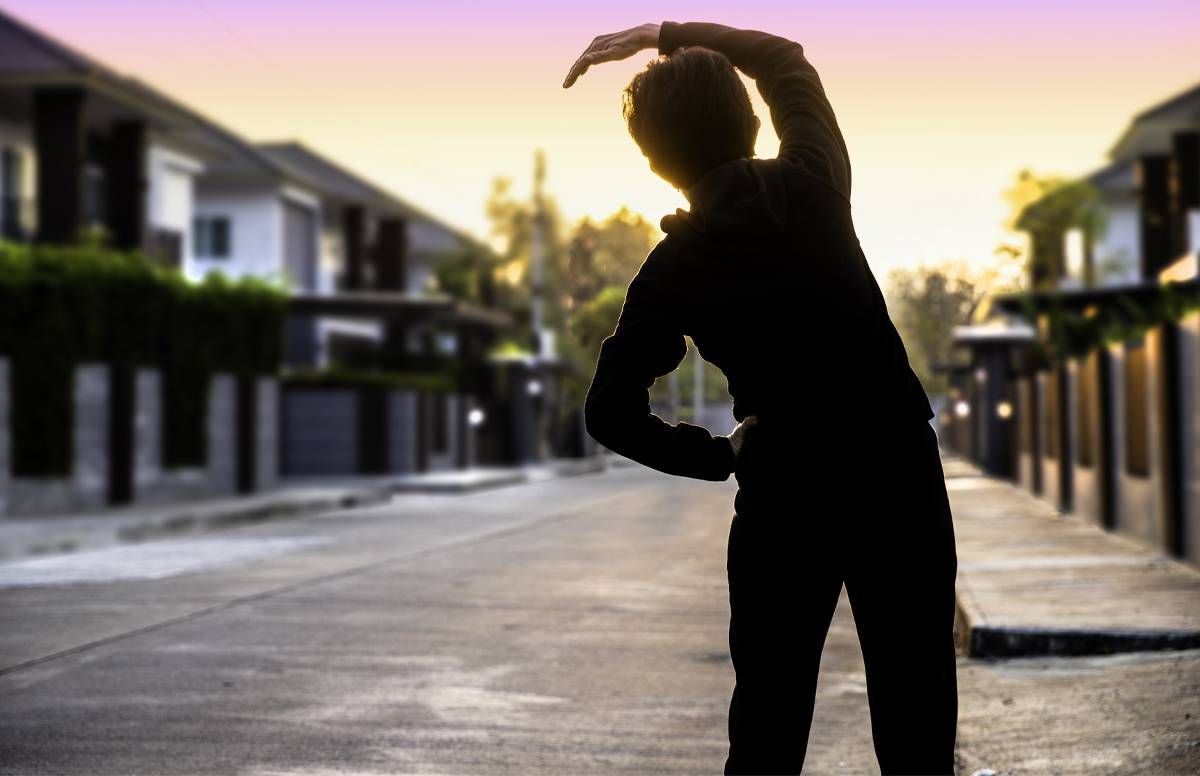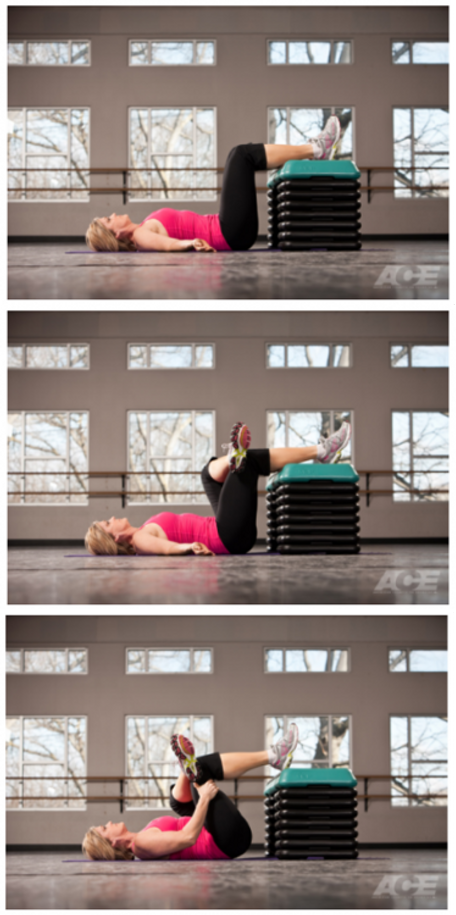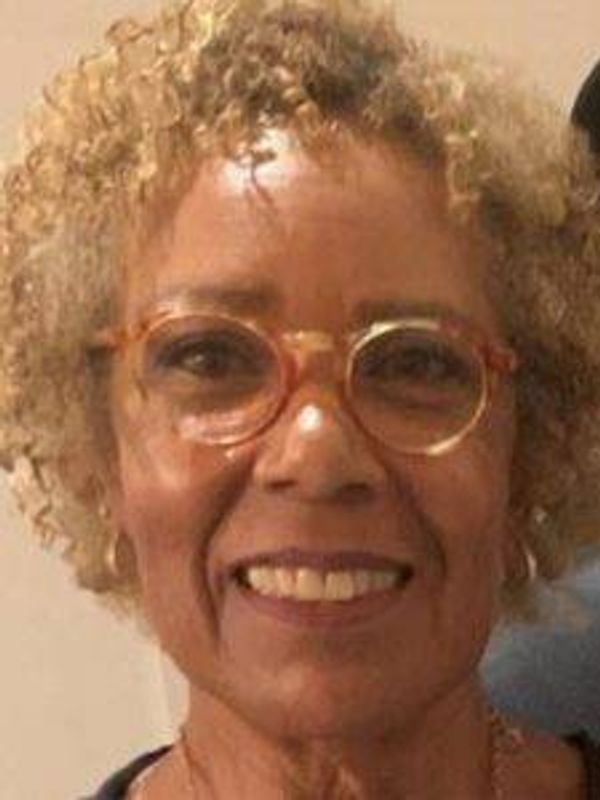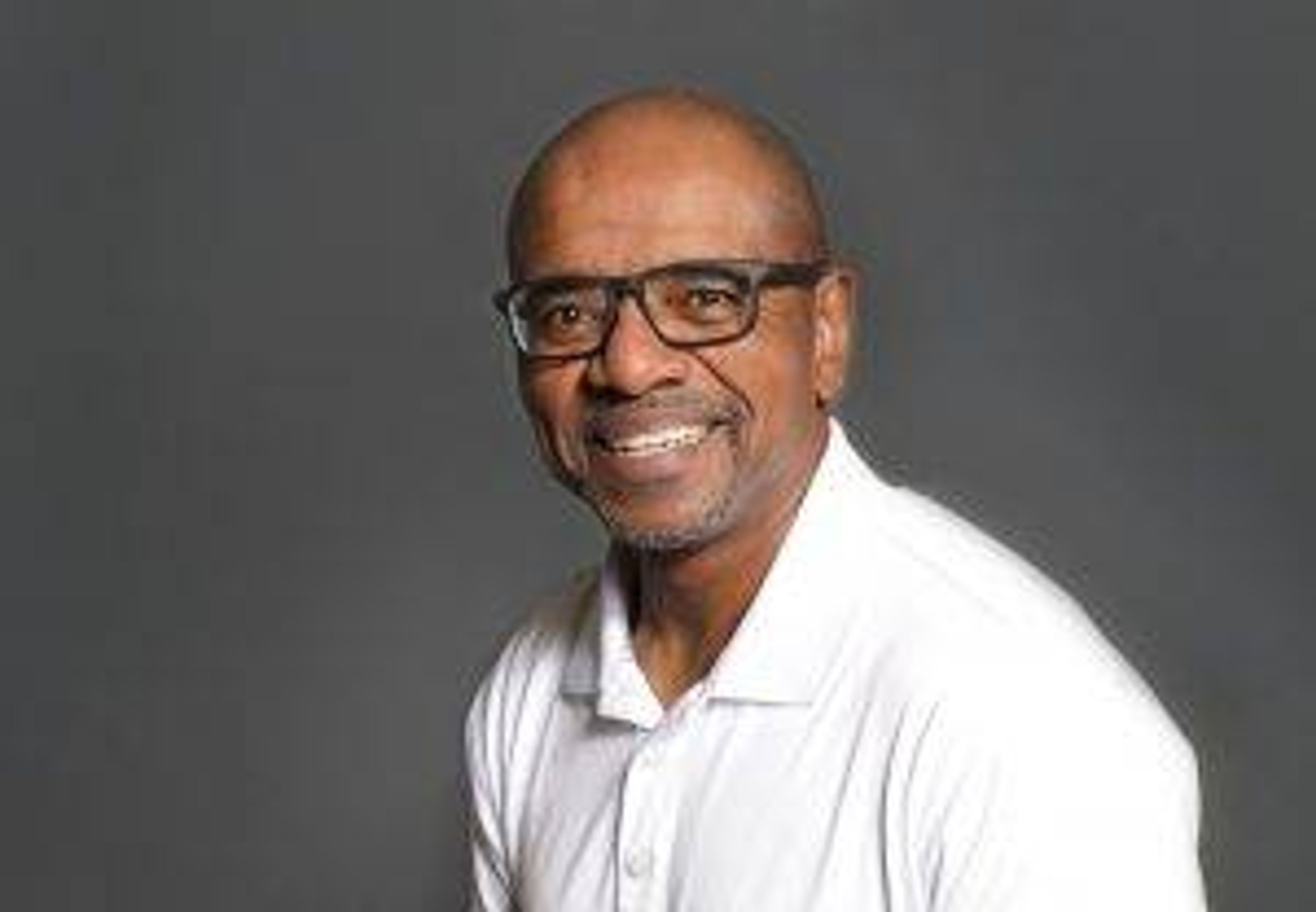How an Acupuncturist, a PT and Runner's Butt Made Me Stretch
The importance of stretching as you age
My acupuncturist had known me barely 10 minutes when he looked me straight in the eyes and said, "This is your fault." My physical therapist had the same conclusion.

I'd been referred to both of them by my doctor for a nagging, sharp pain that began at my butt and sometimes traveled to my right foot. Despite months of this, I had continued my usual routine of five or six jogs a week, a hard hike and 40 or so hours of sitting at the computer, writing. I figured the pain would go away. It didn't.
I've always thought of stretching as a gigantic waste of time. OK, and wimpy.
The diagnosis? A tossup between runner's butt, or ischial bursitis (a tiny sac near where you sit down flares up and fights back) or piriformis syndrome (a muscle in the same vicinity tells you it's not happy). While I thought of myself as productive and fit, both my acupuncturist, Young Lee, and my physical therapist, Robert Dulay, were focusing on my ''crime." I never, ever stretched — and that negligence is what is bringing on all this pain.

They both wondered: How could anyone, especially an older adult, not stretch?
Actually, I've always thought of stretching as a gigantic waste of time. OK, and wimpy.
At every 5K, 10K or half-marathon I've done over the years, I've always found something else to do as I watched friends stretch at the start line. No evidence it really works for injury risk or performance, I told myself. I'll just fiddle with my watch and re-tie my shoes.
Now, according to Lee and Dulay, stretching was going to play a starring role in my pain relief plan, with supporting roles from acupuncture and strengthening exercises to build up those muscles that had betrayed me. No jogging until the pain subsides, they warn. They knew they had me just where they wanted me.
The acupuncture is the easy part; needles never bothered me and I can stretch out face down, even nod off, after Lee gently inserts nine or so needles into my legs.
The strengthening exercises are OK, too. The challenge is how to learn to love the stretching part.
Here is how I am progressing from ridiculing stretching to trying to love it:
Stretching Is Even More Important With Age
"When you get older, your tissues are much less flexible, even fragile," says Meredith Hinds Harris, professor emeritus and former head of the physical therapy department at Northeastern University in Boston. "Without warming up and stretching, just one wrong way or quick movement, and you are likely to tear something because of your inflexibility."
If you cross train, says Hinds Harris, a triathlete, ''you might be able to do less stretching,'' because you aren't working the same muscles constantly as you do when you focus on just running or just biking, for instance.
"Keep it short. Limit it to less than five minutes for the session."
By focusing mainly on running and hiking as my fitness choices, my muscles became unhappy. So I need to do what the experts call ''static" stretches (extend and hold a muscle). Dynamic stretches involve movement to prepare you for activity, such as doing walking lunges before jogging.
How unhappy are my muscles? At one acupuncture session, Lee picked up a clean towel from his supply shelf and twisted it tightly to demonstrate what all that ''pounding," as he likes to call jogging, was doing to my hamstrings when I don't stretch.

The acupuncture would increase blood flow to the area, draw heat away from the inflamed area and release those tight muscles. But needles alone are not enough — those muscles also need regular stretching.
Stretching, I've found, does yield benefits — some of them immediate. Stretching also increases blood flow to the muscles, according to a recent study, and that could translate to pain reduction.
Instead of lecturing his patients to stretch, Dulay likes to demonstrate the benefits. At one recent video PT appointment, after he talked me through the supine piriformis stretch, one of his favorites, he asked me to go walk up and down my hilly driveway, knowing uphill was painful for me. After just that one stretch, I noticed much less pain.
That's when Dulay often sees the lightbulb go off for patients, ''and that's where the power is" in convincing people to stretch, he says..
Stretching, I've also learned, doesn't have to eat up a lot of time. Ty Palmer, assistant professor of kinesiology at Texas Tech University, Lubbock, found that just a minute of stretching the hamstrings (four 15-second bouts) reduced stiffness in his small study of 11 older men, average age 69.
"A decrease in stiffness leads to better balance," Palmer says. And that, in turn, could reduce the chance of falls and injury.
You don't need all day to stretch, either. "Keep it short," Palmer suggests. "Limit it to less than five minutes for the session."
Embracing Stretching
Another tip: substitute "tolerate" for "love."Cedric X. Bryant, president and chief science officer of the American Council on Exercise, suggests doing that in my quest to become a stretcher.
What drives him to stretch, he says, is his love of golf. "Stretching affords me the ability to play golf as much and as frequently as I like,'' pain-free and with full range of motion, Bryant says.
Make that connection and stretching becomes tolerable, he says. He also suggests ''sneaking in stretching" by taking yoga, Tai chi or Pilates.
But stretching isn't miraculous. Actually, stretching and acupuncture are just part of the pain relief story. They must be accompanied by strengthening, as Dulay loves to remind me.
Strengthen every other day, he tells me. That gives your muscles time to recover. The American Physical Therapy Association has a good resource that includes demonstrations of simple floor exercises, such as a single leg bridge and the clam shell.
Keep Your Eye on the Prize
At the ninth and final acupuncture session, Lee says: "It's all up to you now."

He's talking, of course, about keeping up my stretching and strengthening. While I fantasize that all this effort will give me a better time once I get to the starting line of my next running event (whenever that might be, with the pandemic), a quick search of medical studies suggests the consensus seems to be there's not much effect of stretching on performance.
Even so, I'm vowing to keep on tolerating stretching, hoping it will keep my muscles happy enough so at least I'll make it to the starting line for many years to come.

